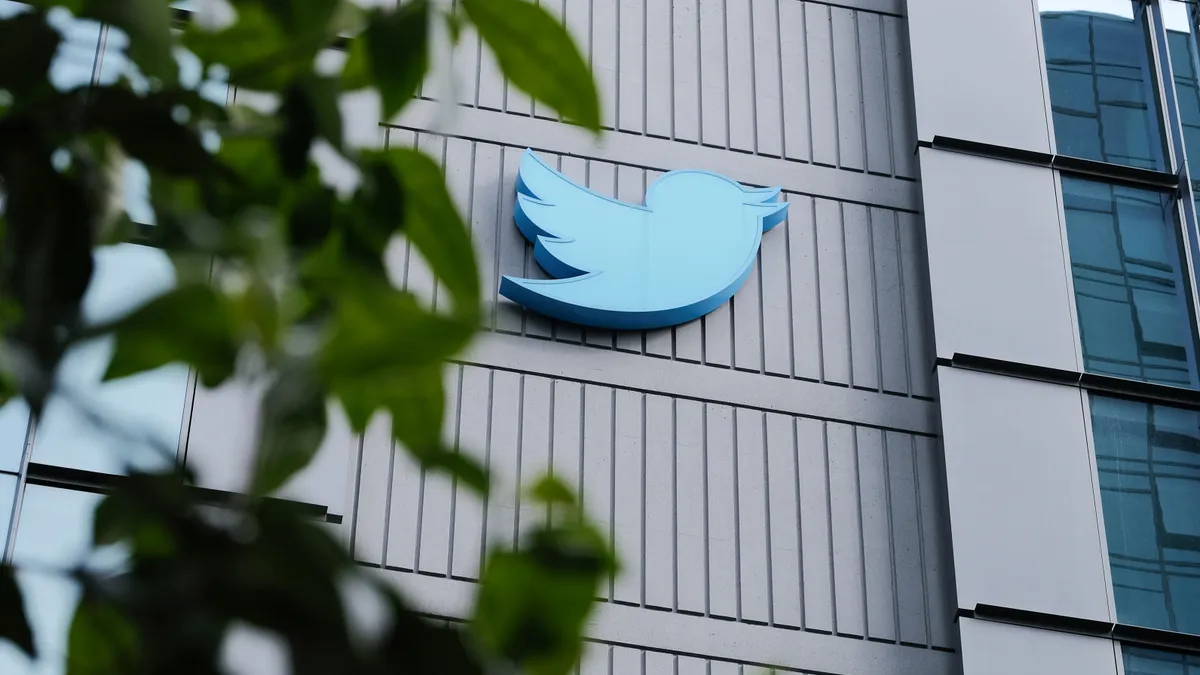Dive Brief:
- Three former executives suing Twitter for more than $1 million in unpaid legal fees should find the Delaware Chancery Court, where the lawsuit was filed, receptive to their case.
- The court has a history of being liberal on indemnifying executives, past and current, for legal costs incurred for their work related to their company.
- “Delaware has a well-established policy favoring advancement of legal expenses to dismissed managers and other parties,” Joshua Liebman of Armstrong Teasdale wrote in an analysis of legal fee advancement in the Chancery Court.
Dive Insight:
Parag Agrawal, Twitter’s former CEO, sued the company on April 10 for failing to pay legal bills he incurred in connection with lawsuits against the company and to respond to federal investigations. Former CFO Ned Segal and former legal chief Vijaya Gadde are plaintiffs in the lawsuit as well.
“Despite timely written demand along with documentation from plaintiffs through their counsel, the company has not advanced to plaintiffs their expenses actually and reasonably incurred related to the various proceedings,” the lawsuit says.
The three former executives are defendants in a securities class action against the company, Baker vs. Twitter, alleging it withheld information to shareholders about security vulnerabilities. Gadde is also a defendant in a lawsuit alleging the company exposed information that led to a person’s firing for his political views.
The three also racked up legal bills responding to Department of Justice and Securities and Exchange Commission investigations into the company.
The nature of the investigations aren’t disclosed in the new lawsuit, but the SEC has been looking into the timing of disclosures related to Elon Musk’s acquisition of the company and DOJ joined in a Federal Trade Commission action against the company for misleading users on how their information is accessed by advertisers.
Gadde also incurred legal costs for testimony she gave earlier this year before the House Oversight Committee as part of a hearing on the company’s content moderation decisions, including temporarily blocking a post on Hunter Biden’s laptop.
Indemnification
The company’s bylaws include a provision covering costs of officers, including after they leave, for legal work done in connection with their job.
“The corporation shall indemnify, to the fullest extent permitted by the [Delaware General Corporation Law] … any person who was or is a party or is threatened to be made a party to any threatened, pending or completed action, suit or proceeding … by reason of the fact that such person is or was a director or officer of the corporation,” the bylaws say.
The executives were fired last year in October, on the day Musk took over the company, as one of his first actions as the company’s new chief.
“The bird is freed,” Musk tweeted after announcing the firings.
In their lawsuit, the executives say they reached out to Twitter multiple times for payment of their legal fees and only received a cursory response.
“Over two months after plaintiffs’ initial written demand, the company offered only a cursory acknowledgment of receipt, but still refused to acknowledge its obligations and to remit payment of any invoices,” the lawsuit says.
The dispute could be just the first of more to come.
Since they were fired for cause, the executives have an estimated $100 million locked up in severance packages that they can’t access, making it possible they’ll sue to get their money.
Complicating any lawsuit would be access by Musk, as the new chief, to the executives’ internal deliberations leading up to his purchase of the company. If there’s evidence they misrepresented anything in the lead-up to the deal, Musk could use that to support his decision to fire them for cause.
In any lawsuit like this, an “employer can share its reason, airing the laundry” to justify why it fired the executives, Peter Glennon, a business and employment litigation attorney who is founder of The Glennon Law Firm based in Rochester, N.Y., told Legal Dive.













